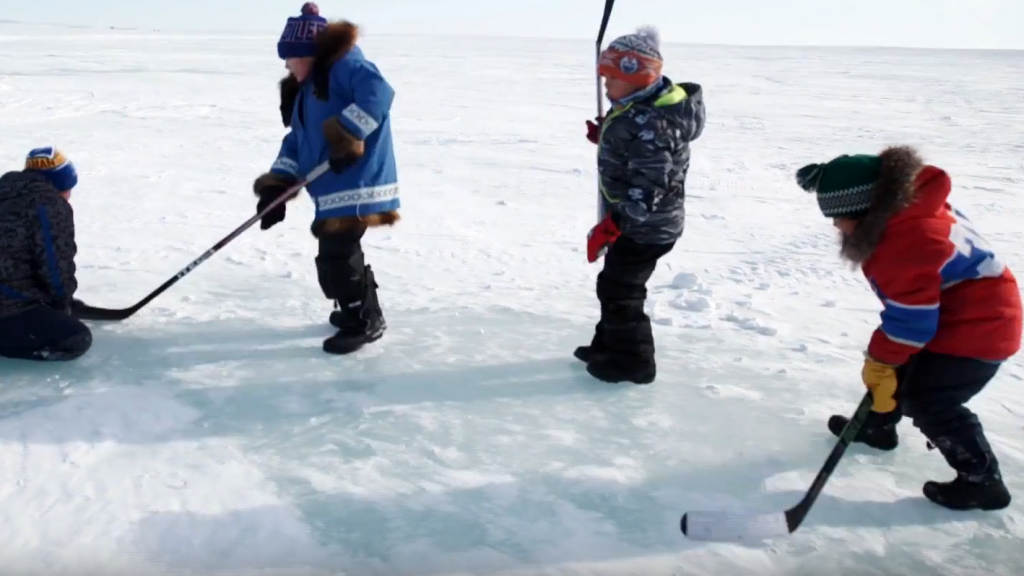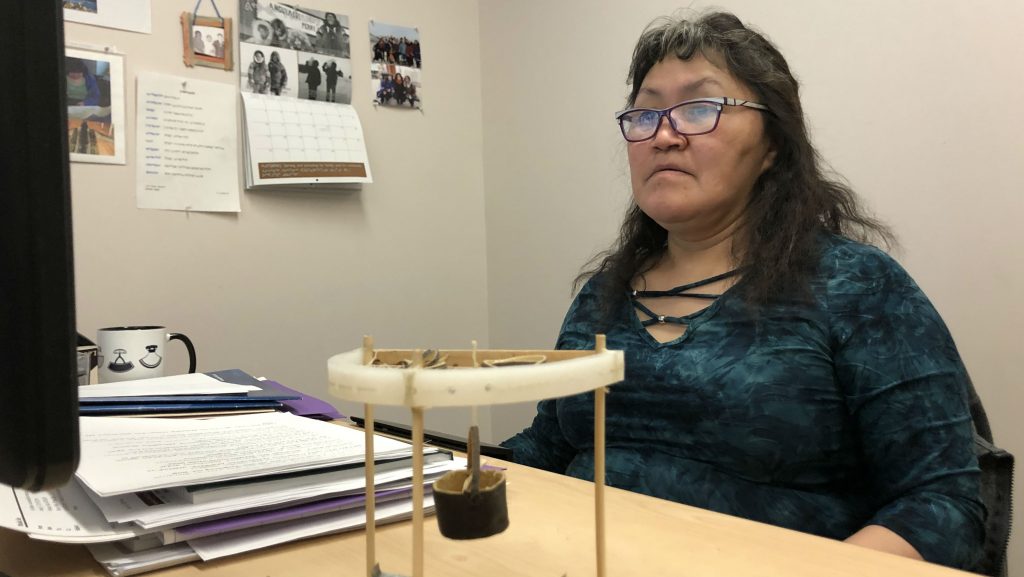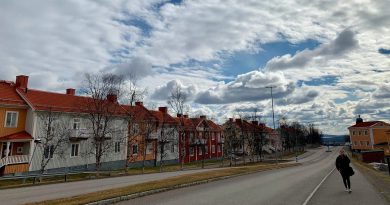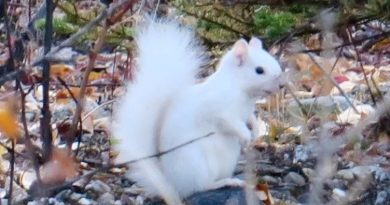Inuit language month kicks off in Canada’s eastern Arctic territory of Nunavut

February is Inuit language month in Canada’s eastern Arctic territory of Nunavut, and this year, the event will spotlight traditional songs and chants.
Uqausirmut Quviasuutiqarniq – Inuktut Language Month was established to help promote Inuit language use in the territory. (Inuktut is the term used in Nunavut to refer collectively to the territory’s Inuit language dialects.)
This year’s focus on inngiusiit innginnguarusiillu, traditional songs and chants, was partly decided because of the way words set to music help language retention as well as creating links to traditional culture.
“Inngiusiit Innginnguarusiillu were traditionally used by generations of Inuit parents to teach their children about Inuit culture, traditions and language,” said Nunavut’s Department of Culture and Heritage in a news release on Friday.
“These songs and chants often include sophisticated terminology in Inuktut, encouraging children to learn and strengthening the use of Inuktut at home and in the community.”

On the occasion of Inuit language month in Nunavut, Eye on the Arctic spoke with Saa Pitsiulak, an Inuktut language program officer at the Government of Nunavut, about this year’s theme of songs and chants and the importance of developing diverse Inuktut resources to help promote and celebrate the language:
Concert and CD
Inuktut education resources like children’s books have been distributed to schools, daycares and libraries throughout Nunavut.
In the lead-up to this year’s language month, Nunavut’s Department of Culture and Heritage launched a project to record elders and educators singing chants in south Baffin Island in eastern Nunavut. The songs and chants will be released on CD, DVD, and in a songbook, at the end of the month.
There were also be a concert at the end of the month in Iqaluit, featuring music from the project.
Language legislation anniversary
This year, Nunavut is also marking the 10th anniversary of the Inuit Language Protection Act, an act that came into effect in 2009 to help revilalize the Inuit language in the territory. Among other features, the act created Inuit Uqausinginnik Taiguusiliuqtii , a body of language experts to work on standardizing Inuit language business and government terminology. The act also enshrined the right of parents to have their children educated in the Inuit language.
“Nunavut is a leader on the national and world stages in protecting an Indigenous language,” said Nunavut’s Minister of Languages, David Joanasie, said in the Friday news release.
“Having our languages safeguarded in legislation helps our government protect and promote the quality and use of Inuktut in innovative ways throughout the territory.”
Majority of speakers in Nunavut and Nunavik
The Inuit language is among the healthiest Indigenous languages in Canada.
The latest Canadian census found there are 42,065 speakers in Canada. The majority are in Nunavut (64.1%) and in Nunavik, (29.4%), the Inuit region of northern Quebec.
The most recent Canadian census in 2016 put Nunavut’s population at 35,944 people. Of those, 22,070 people cited Inuktitut, the Inuit language dialect spoken predominantly in eastern Nunavut, as their mother tongue. Another 495 people cited Inuinnaqtun, an Inuit language dialect spoken predominantly in northwestern Nunavut, as their mother tongue.
Inuktut language month winds up on February 28.
Write to Eilís Quinn at eilis.quinn(at)cbc.ca
Related stories from around the North:
Canada: Inuit leaders call on Canada to go “beyond symbolic gestures” for Indigenous language preservation, Eye on the Arctic
Finland: Budget cuts threaten international Sámi language cooperation, Yle News
Greenland: `Enough of this postcolonial sh#%’ – An interview with Greenlandic author Niviaq Korneliussen, Eye on the Arctic
Iceland: Can environmental diplomacy save Arctic languages?, Blog by Takeshi Kaji
United States: Alaskan Inuit dialect added to Facebook’s Translate app, CBC News



